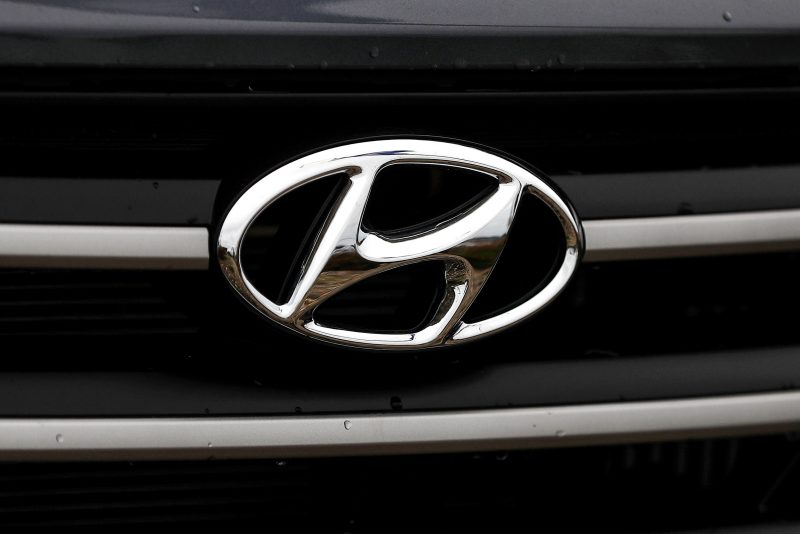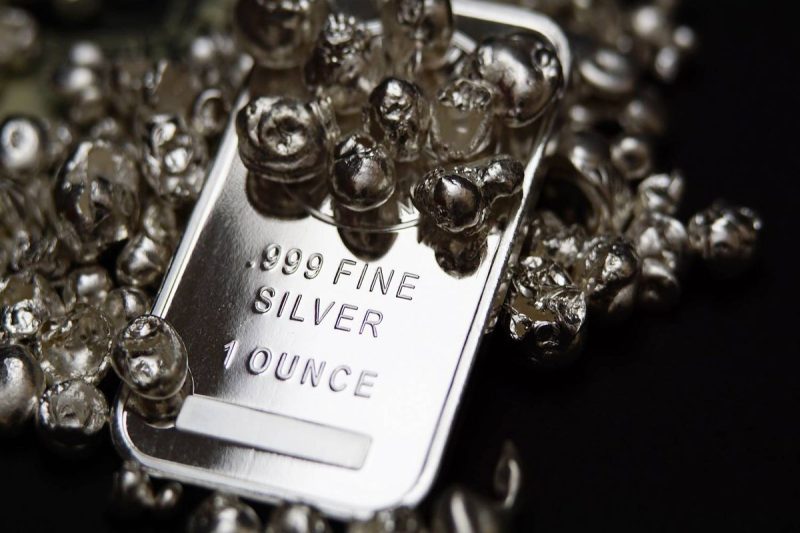Feds decline to recall vulnerable Hyundai and Kia vehicles despite nationwide theft spree


Amid a nationwide wave of social media-linked thefts targeting Hyundais and Kias, which state officials say have caused at least eight deaths, federal regulators have declined to issue a recall of the vehicles.
In a letter seen by NBC News that was addressed to California Attorney General Rob Bonta and other state AGs, the National Highway Traffic Safety Administration said the car theft trend did not meet its criteria for a national recall.
“At this time, NHTSA has not determined that this issue constitutes either a safety defect or noncompliance requiring a recall,” wrote Cem Hatipoglu, NHTSA’s acting associate director for enforcement, referring to the Hyundai and Kia vehicles susceptible to theft because they lack engine immobilizers.
In particular, Hatipoglu said, the federal standard for automotive safety does not require cars to come with immobilizers, the hardware at the center of the controversy that has put affected vehicle owners on edge.
Hatipoglu said the standard by which NHTSA would normally issue recalls “does not contemplate actions taken by criminal actors to break open or remove part of the steering column and take out the ignition lock to start a vehicle.’
In casual parlance, that’s what’s called hot-wiring a car.
The 18 attorneys general, led by Bonta, wrote to the agency in April asking that all vulnerable Hyundai and Kia vehicles manufactured from 2011 to 2022 be recalled and retrofitted with immobilizers to keep them from being stolen.
‘Thefts of these Hyundai and Kia vehicles have led to at least eight deaths, numerous injuries and property damage, and they have diverted significant police and emergency services resources from other priorities,’ the attorneys general wrote.
A NHTSA representative did not respond to a request for comment.
While there is no national data on the extent of the thefts, Bonta said incidents of stolen Hyundais and Kias in Los Angeles increased 85% last year. The automobiles made up nearly a quarter of the total number of stolen vehicles in the city — up from 13% in 2021, Bonta said.
In Minneapolis and St. Paul, Minnesota, thefts of Hyundais and Kias increased 836% and 611% respectively last year, Attorney General Keith Ellison wrote in March.
In May, Hyundai and Kia announced they had paid out a total of $145 million to cover out-of-pocket losses for owners who were victimized by such thefts.
Demanding more accountability
At least one AG has deemed the companies’ actions insufficient: Last week, Connecticut Attorney General William Tong announced the state would launch its own investigation into the thefts and the response by the South Korean automaker.
“It didn’t have to come to this,” Tong said at a news conference announcing the action, adding: “Whatever they’re doing is not enough.”
In an email, a representative for Hyundai, Kia’s parent company, said that engine immobilizers are now standard on its vehicles produced as of November 2021 but that some trim levels on older models do not have the equipment.
‘There is no quality issue or defect with these vehicles, and they all meet or exceed Federal Motor Vehicle Safety Standards,’ the representative said.
Hyundai has rolled out a free software upgrade designed to prevent such thefts. In addition, after multiple national insurance carriers said they were limiting or declining coverage, it has introduced a new insurance option with AAA and is offering to reimburse customers for buying steering wheel locks, the representative said.
Despite those measures, the issue has been met with frustration and confusion among some Hyundai and Kia owners, including some who have bought the newer vehicles that are equipped with engine immobilizers.
Brian St. Pierre, a Seattle-area resident, said in an email that he decided to trade in his 2023 Hyundai Elantra after he had put just 2,500 miles on it because it was burglarized twice. St. Pierre said he believes the second time was precisely because it was a Hyundai, noting that his steering column was ‘ripped apart.’
“They are targeting any vehicle that is a Hyundai or a Kia,” St. Pierre said.
While the immobilizer was activated, he said, the hardware drained his battery, forcing him to get his car towed.
Hyundai’s spokesperson said in an email that it was not aware of any performance-related battery issues stemming from immobilizers and that the software fixes for older models do not affect battery capacity.



